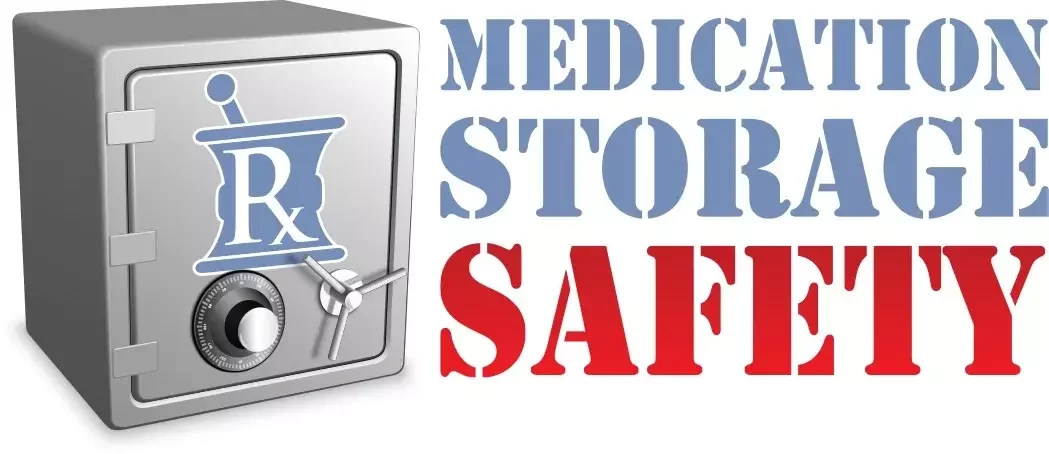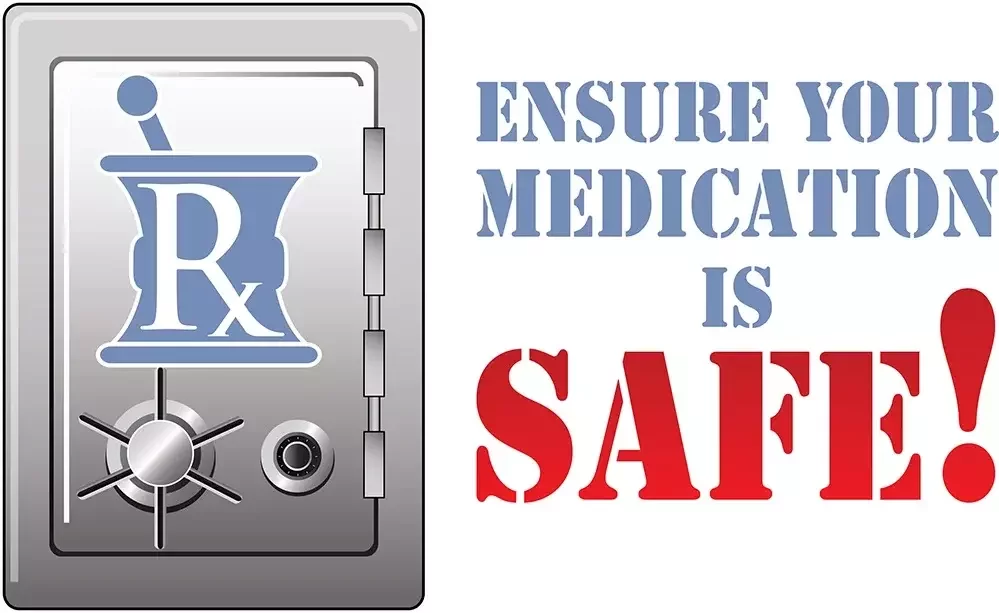
During annual Joint Commission (TJC) surveys, the same Medication Management Standards turn up as the highest in non-compliance. (1) This chapter of standards contains several elements covering a wide range of issues, leaving the difficult task of drilling down to the heart of the problem. Are your medications properly stored in secure locations? Are medication orders written and reviewed properly? Is everything labeled correctly?

Medication management is just as important to patient safety and health as any other measure in the hospital environment. Patients and families expect to receive safe treatment and care while at the hospital. A patient receiving the wrong medication or dose can cause irreparable harm and stain your facility’s reputation.

Consistently topping the list of trouble spots for Medication Management is:
1. Storage and Security of Medications at a non-compliance rate of 34.7% in 2013, an increase over 2012 for the same standard. Ouch!
2. Medication Orders at 22.4%
3. Medication Order Review at 15.7% non-compliance. (2)

Why are so many organizations struggling with meeting these important Medication Management standards?
What can your facility do to identify issues and improve your compliance rates?
Monthly checklists offer several valuable benefits:
Proactive rounding spots and corrects problems immediately addressing potential patient safety issues. Are Pyxis locked and secured? Are medication rooms accessible to non-qualified personnel? Find out sooner rather than later.
Monthly rounds maintain readiness for Joint Commission visits, allowing you peace of mind that your house is in order. (3)
Correct and monitor any infraction immediately and use the opportunity to improve performance. . Don’t let a lack of education be a detriment to the safety of your patients.
Visit areas you don’t normally see. Expand your reach to ensure that everyone everywhere in your facility is up to standard. Enlist your staff of technicians to make the rounds and empower them to address the patient safety issues.
See a clear and concise visual of the results of rounds on a monthly basis. With standardized graphs, you can easily spot your organization’s most problematic standards and units, allowing you to focus on process improvement both with individuals and hospital-wide.
Use the results to engage department staff for improvement ideas and open lines of communication. Engagement is a key to success in any endeavor.
Take charge of your Medication Management compliance.
Gather data from monthly rounds and use the data to construct a solid plan for performance improvement. Consider the safety of your patients.
Credits:
1) Pharmacy Practice News Article http://www.pharmacypracticenews.com/ViewArticle.aspx?d=Policy&d_id=51&i=September+2012&i_id=884&a_id=21566#sthash.I4BUyrDs.dpuf (link no longer available)
2) Link or image of Table 1 – Medication Management Standards/NPSGs with the Highest Rates of Noncompliance Among Hospitals
3) Pharmacy Practice News Article http://www.pharmacypracticenews.com/ViewArticle.aspx?d=Policy&d_id=51&i=August+2015&i_id=1213&a_id=33285 (link no longer available)
